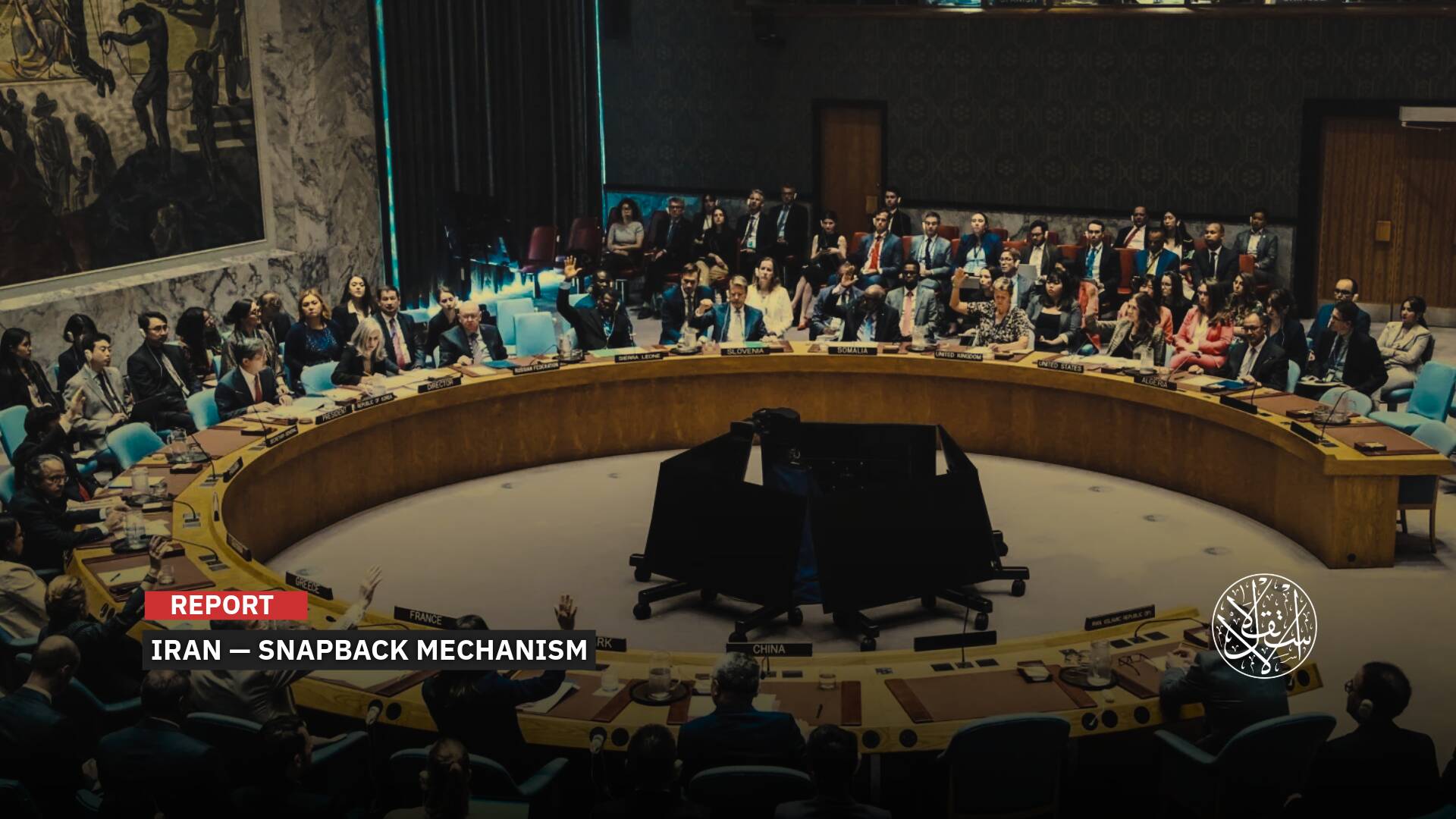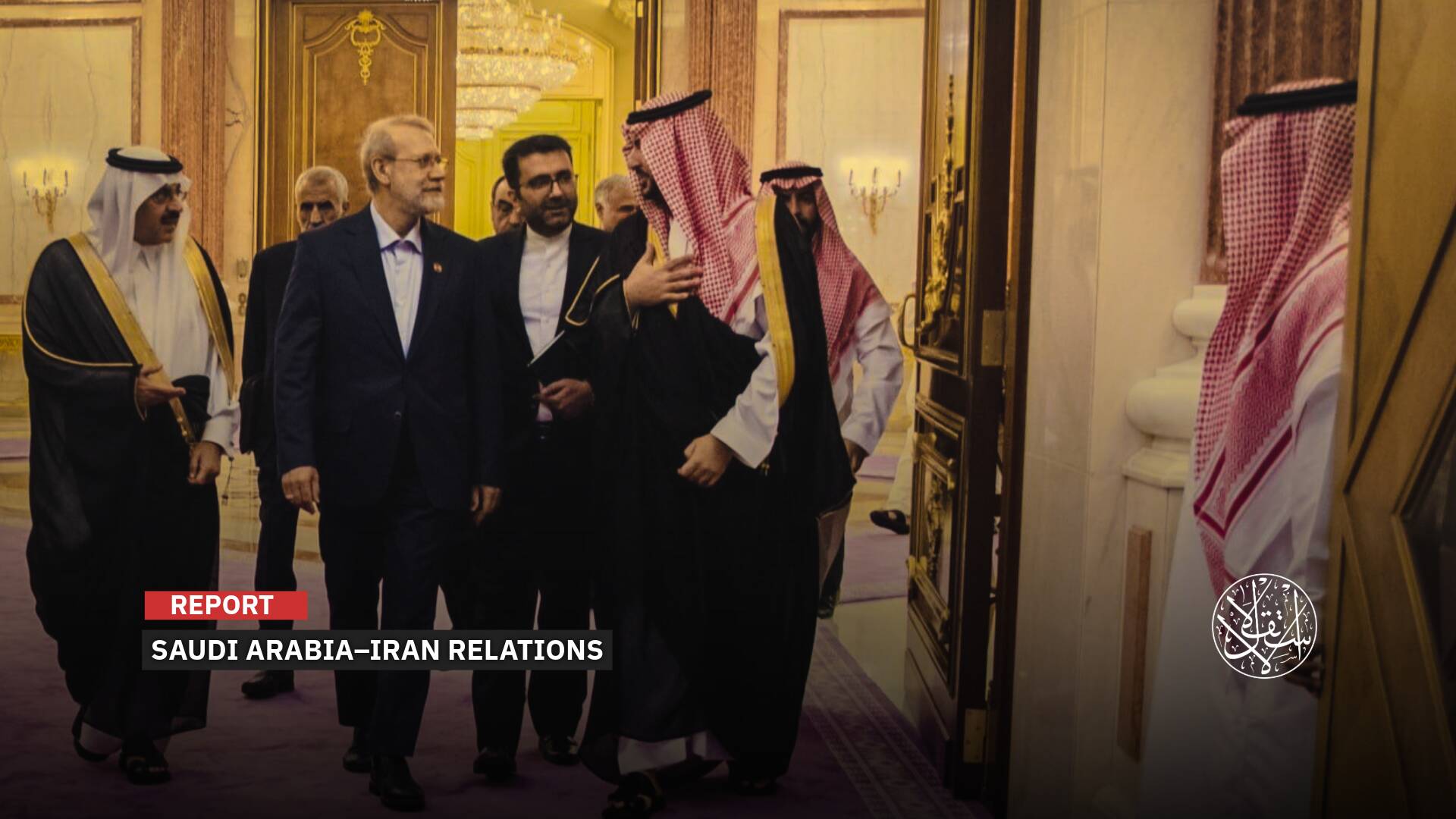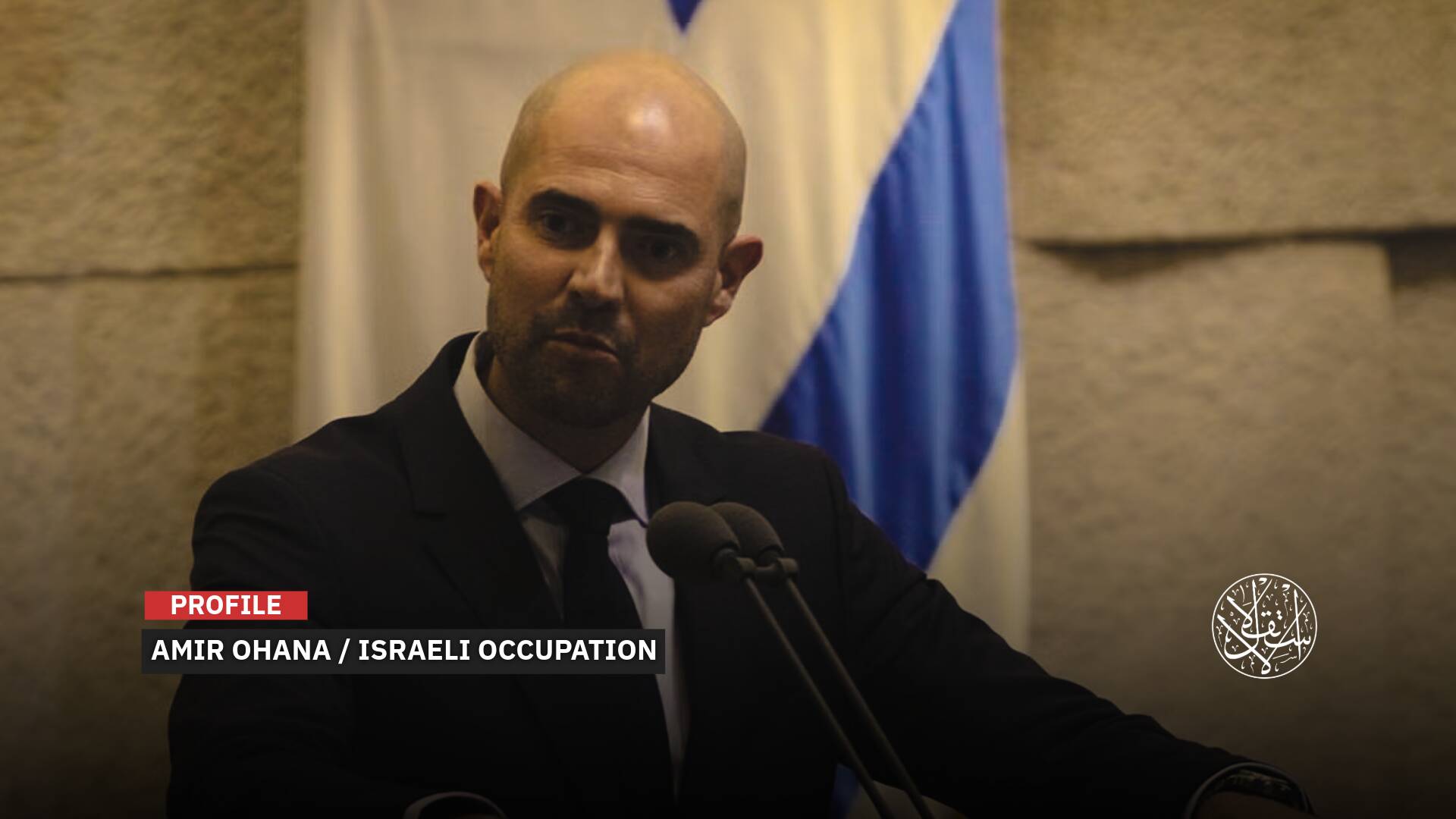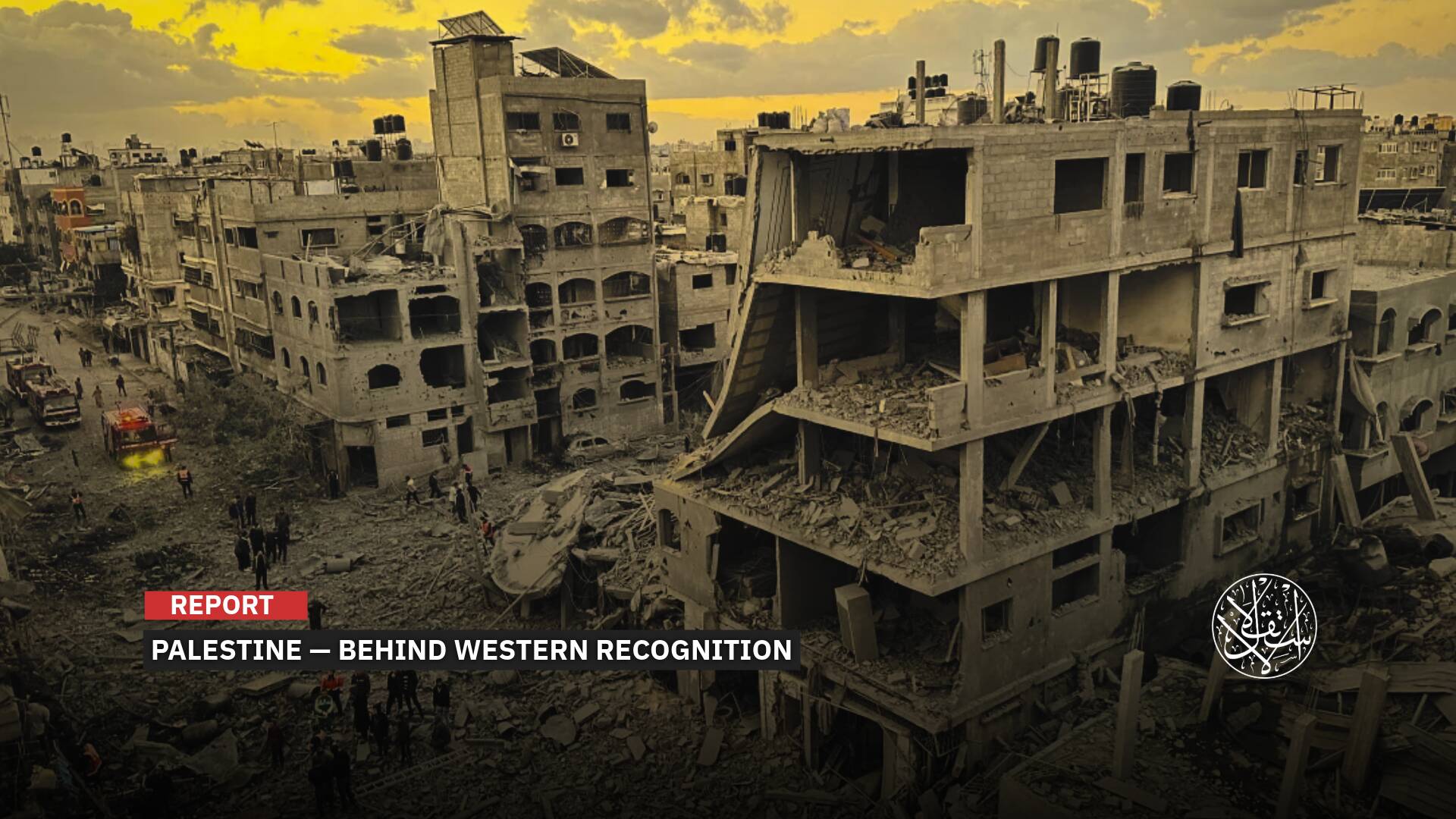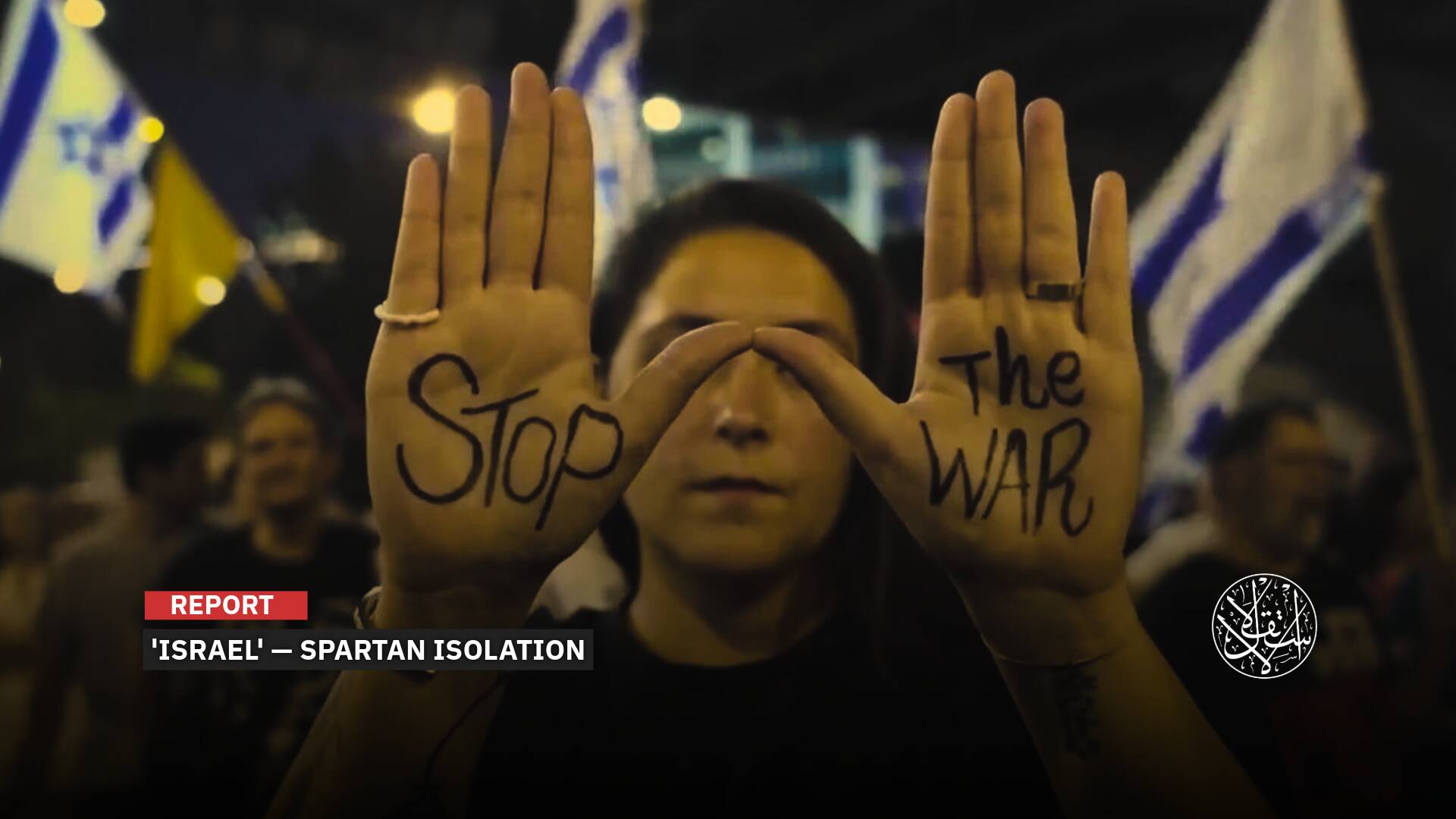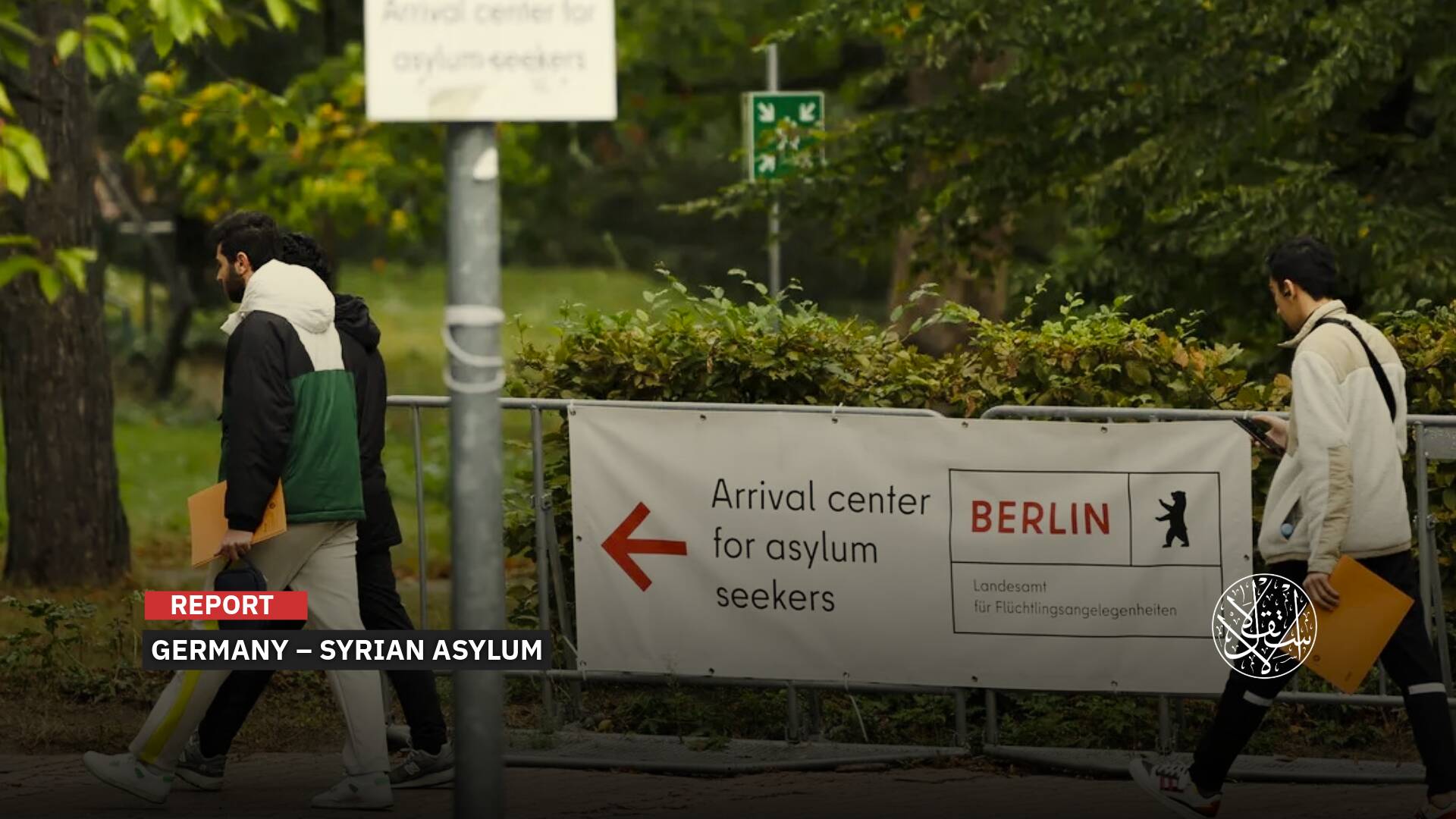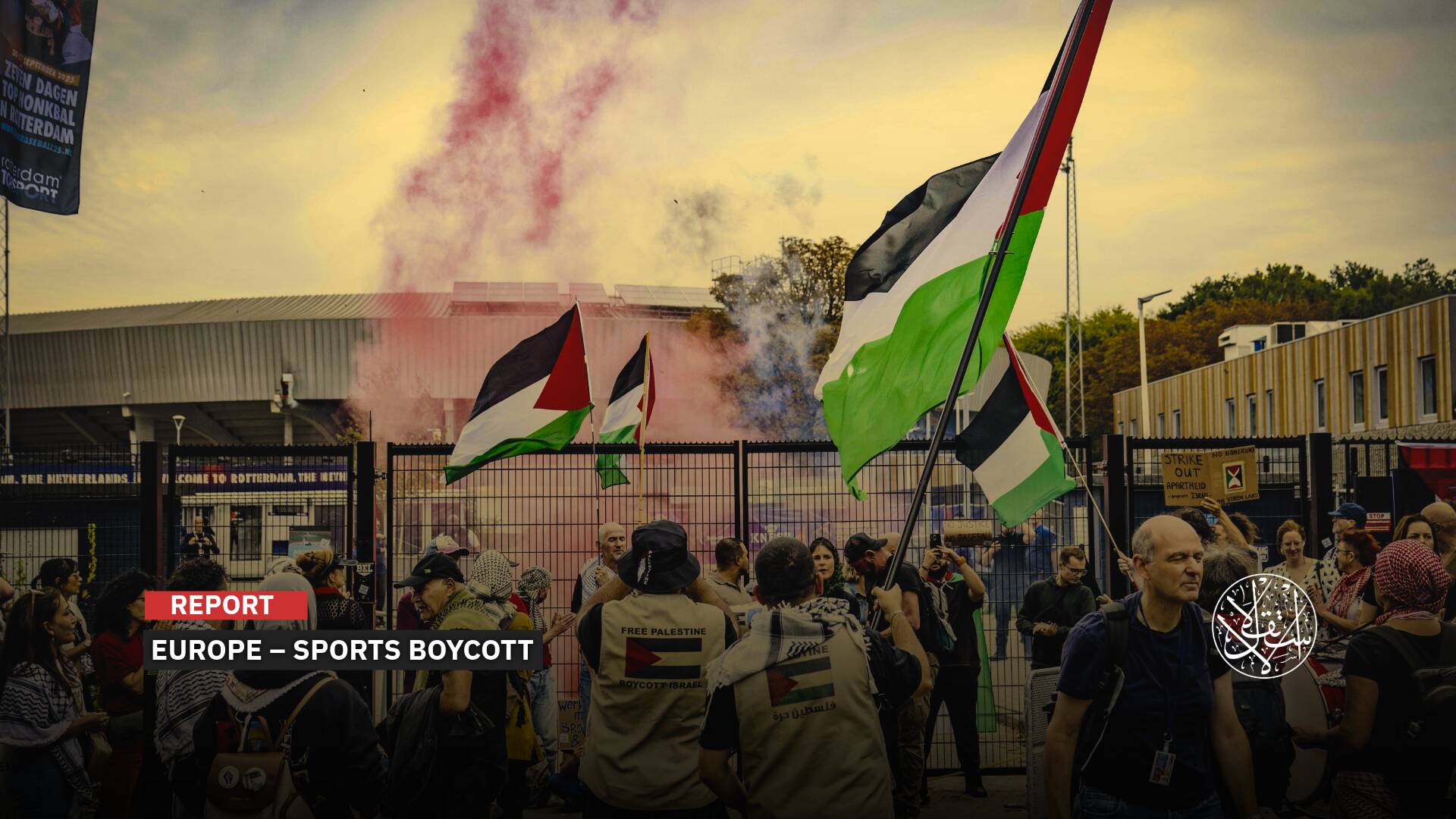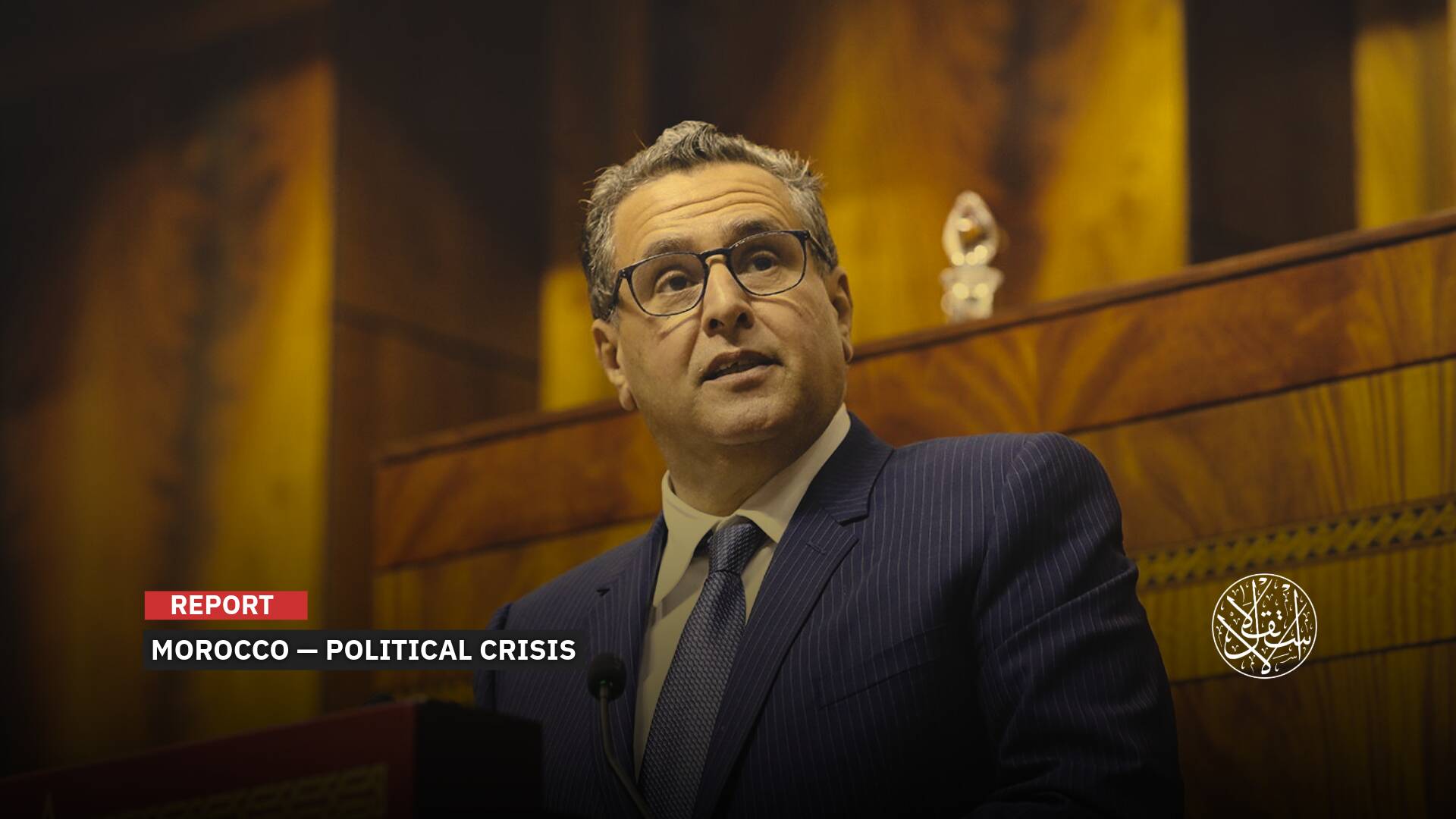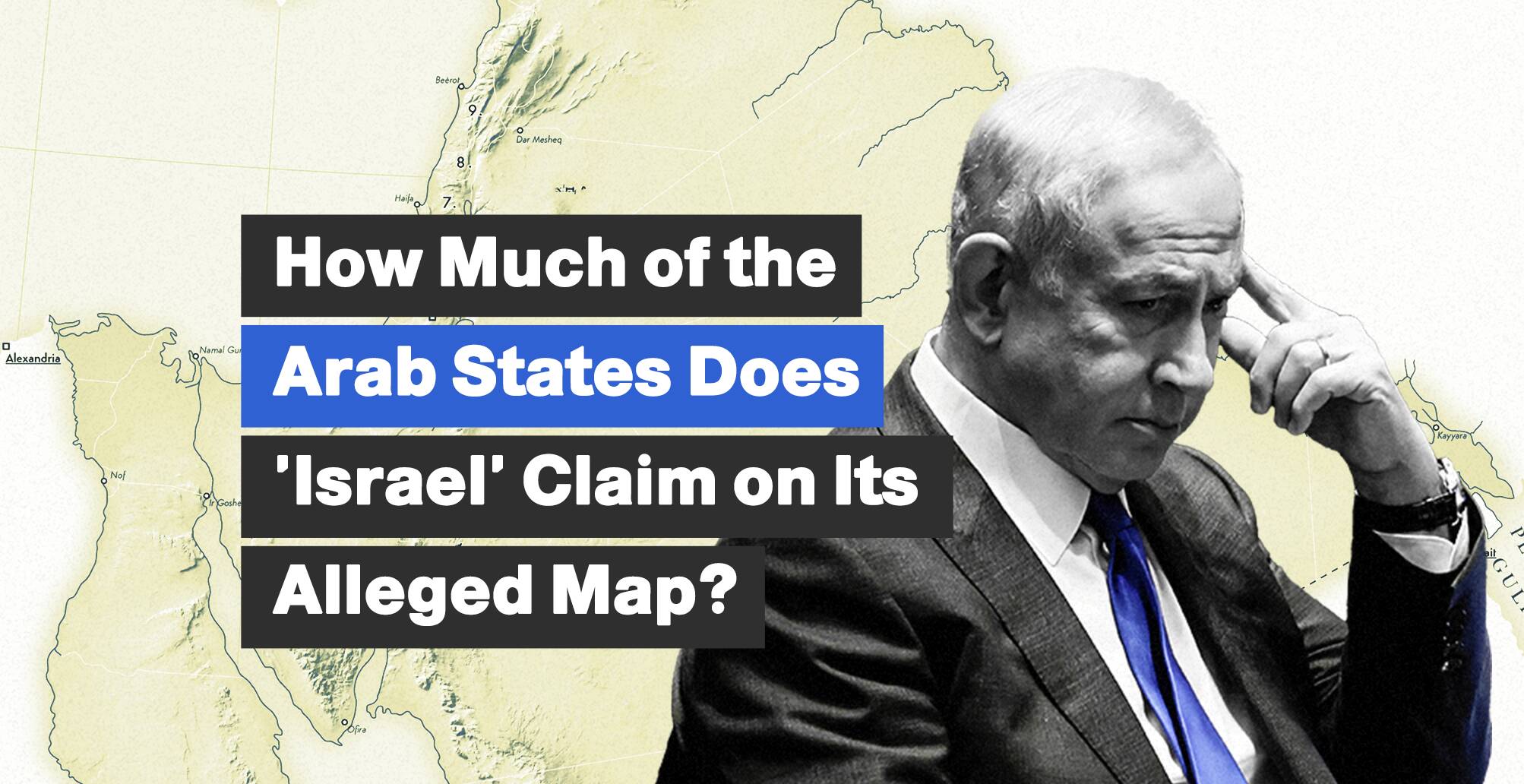Iran-’Israel’ War: How the Fallout Threatens Iraq’s Security and Economy

Iraq is bracing for political, security, and economic fallout as the Iran-"Israel" war intensifies.
Given the deep political and security ties between Baghdad and Tehran, many believe the Iran-”Israel” war could reshape Iraq’s reality once again.
This connection dates back to the post-2003 U.S. invasion, when Iran’s “Wilayat al-Faqih” regime (Guardianship of the Islamic Jurist) gradually took full control of the Iraqi political scene.
Since Iraq’s first parliamentary elections after the invasion, Tehran has played a key role in forming governments and selecting prime ministers. At one point, former IRGC commander Mohammad Ali Jafari even boasted that Iran alone had chosen Iraq’s three top leadership posts.
Following the 2018 parliamentary elections, Jafari declared, “Iran has defeated the U.S. in Iraq with a score of three to zero,” referring to Iran-backed figures securing the presidency, prime ministership, and parliamentary speaker role.

Major Fallout
Commenting on the war launched by “Israel” against Iran on June 13, 2025, Iraqi political affairs researcher Latif al-Mahdawi said, “Since 2003, Iraq’s ruling Shia political forces have been under Tehran’s control.”
“Iran holds the strings of those factions and is often the only power capable of unifying them during internal disputes—some of which have escalated to armed clashes,” he told Al-Estiklal.
“If Iran’s regime loses its grip on Iraq, it could shatter the unity of Shia political forces beyond recovery, since Tehran has frequently relied on threats and force to suppress any rebellion, particularly with factions that are armed and well-funded.”
Al-Mahdawi noted that Iran plays a decisive role in picking Iraq’s prime ministers whenever Shia parties face a deadlock. That’s why the upcoming parliamentary elections, set for November 11, 2025, will be a real test of Iraqi politics without Iranian presence.
“With Shia militias heavily armed and no longer under Iranian oversight, Iraq’s Shia landscape faces growing instability, as rival factions may compete for dominance—raising the risk of infighting with serious implications for national security,” he added.
In the same context, retired Iraqi General Safaa al-Assam, an expert on military affairs, said the Iran-”Israel” war threatens Iraq’s stability and could have serious security implications.
In comments to Iraq’s Aljeebal platform on June 16, he said, “Iraq is now a corridor for missile exchanges between the two sides. The conflict is already causing economic and social damage, especially with the suspension of air travel and flight bans.”
He warned that if the Israeli war continues, Iraqi militias may be drawn into the fight, especially after issuing direct threats. This could make Iraq a central part of the war.
Al-Assam cautioned that such involvement might expose Iraq to direct attacks from either “Israel” or the United States. “Any misstep could drag the country into war—and that’s exactly what Israel wants,” he said.

Economic Pressures Mounting
Iraq’s exposure to the Iran-”Israel” war isn’t limited to politics and security—it also faces looming economic fallout. The country imports nearly $12 billion worth of goods annually from Iran, including food and industrial products, not to mention critical electricity and gas supplies.
According to Iraqi economist Yarub Mahmoud, continued fighting could halt or slow down industrial, commercial, and tourism projects inside Iraq, pushing unemployment even higher.
Speaking to China's Xinhua News Agency on June 17, he warned that if Iran were to close the Strait of Hormuz, the impact would ripple across the globe, paralyzing economic activity, especially in the Middle East.
Such a move would immediately block Iraq’s oil exports, triggering a financial crisis that might prevent the government from paying public sector salaries, since more than 90% of Iraq’s budget depends on oil revenues.
Mahmoud stressed that closing the Strait would also stall Iraq’s reconstruction and development efforts.
He added that Iraq may also face a new humanitarian challenge if Iranian civilians begin fleeing into Iraqi cities to escape the war.
Currently, Iran supplies Iraq with 1,200 megawatts of electricity, helping to bridge the country’s chronic power shortages. Iranian exports of gas and electricity to Iraq are worth around $4 billion annually.
Tehran has long been accused of keeping Iraq dependent on it for energy, benefiting financially from Baghdad’s electricity crisis. Despite Iraq spending more than $80 billion on the power sector since 2003, the problem remains unresolved.

Nuclear Risk
As threats between Iran and “Israel” escalate over targeting nuclear facilities, fears are growing in Iraq about potential fallout, especially if Israeli strikes hit reactors near the Iran-Iraq border.
On June 16, Iraq Green Observatory confirmed no radioactive activity had been detected in Iraqi airspace following the Israeli Occupation’s attacks on Iranian nuclear sites. However, it warned that three southern provinces—Basra, Maysan, and Dhi Qar—are most at risk if such strikes continue.
Iraqi chemical expert Ayoub Hassan explained that the reactors in Natanz and Fordow (used for uranium enrichment), and Bushehr (a nuclear power plant), all contain radioactive elements like uranium, cesium, and strontium.
Natanz, the largest uranium enrichment site in Iran, lies about 400 km from Iraq’s border and 650 km from Baghdad, and contains underground facilities. Its current enrichment levels are under 5%, meaning a full-scale explosion would pose a moderate threat to Iraq’s atmosphere.
Bushehr, located 450 km from Basra and 700 km from Baghdad, is used for power generation. Fordow, Iran’s heavily fortified facility enriching uranium to over 60%, is further away—about 550 km from Baghdad, and 450–500 km from Karbala and Najaf.
Hassan emphasized that radiation risks depend heavily on wind conditions. For example, northeast winds blowing from Bushehr at 30–50 km/h could carry a radioactive cloud to Basra in 9 hours, Maysan in 10, and Baghdad in 14. In such cases, alerts could be issued in advance.
He noted that Iraq’s Ministry of Environment and the Ministry of Science and Technology (under the Ministry of Higher Education) are monitoring radiation levels 24/7 near the border.
According to Hassan, if a direct hit occurs, radioactive clouds could have a moderate impact on farmland and open water sources, while the direct risk to humans would likely be low—unless there’s direct, prolonged exposure.
After the June 13 Israeli attack, Iran reported radiation leaks at Natanz, though its Atomic Energy Organization said no contamination was detected outside the facility.
Sources
- Al-Sudani: Israel Is Expanding the Scope of the War to Redraw the Map of the Middle East [Arabic]
- Traders Fear Fallout of Israel-Iran War on Iraq’s Market Activity [Arabic]
- A Middle East Perspective: The Israel-Iran War Is Taking an Economic Toll on Arab States [Arabic]
- Iraq’s Growing Security and Economic Challenges Amid the Iran-Israel War [Arabic]
- What Happens to Iraq If Israel Bombs Iran’s Nuclear Facilities? [Arabic]
- Powering Up with Local Fuel: Can Iraq Break Free from Iran’s Energy Grip? [Arabic]
- Natanz Strike: Iran Denies Any Radiation Leak from Nuclear Facilities [Arabic]




